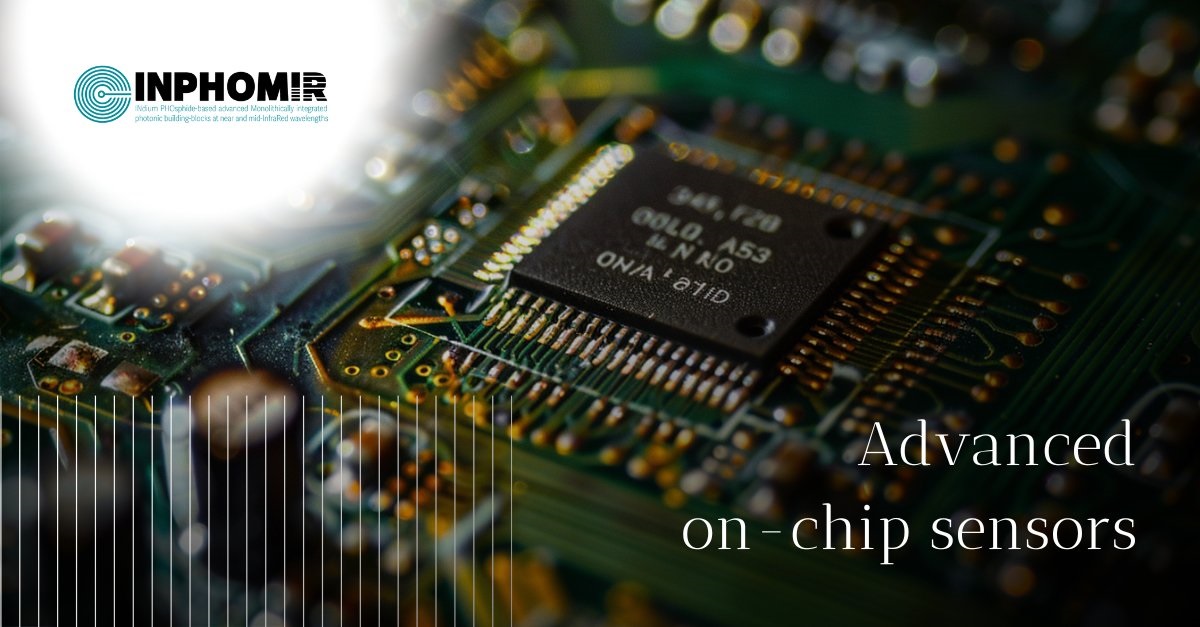An EU-funded consortium is making strides in satellite navigation technology. Their project, INPHOMIR, aims to develop two new sensors – an optical gyroscope and a specialized lidar – that will significantly improve satellite navigation efficiency.
These next-generation sensors boast lower power consumption. This translates to lighter, more compact satellites, which in turn reduces mission costs. Additionally, the project leverages indium phosphide, a material known for its space-worthiness. This makes the sensors more resilient to harsh environments like those encountered in space.
The benefits extend beyond satellites. INPHOMIR’s technology has the potential to enhance drone navigation, enabling them to fly farther and for longer durations. Furthermore, the project holds promise for the development of superior sensors for self-driving cars, paving the way for a future of autonomous transportation.
“We are hopeful that these advanced sensing technologies will improve the accuracy of satellite positioning, navigation for interplanetary missions, and the overall success of space exploration,” said Daniele Palaferri, coordinator of the INPHOMIR project. This project represents a significant step forward in European space technology and has the potential to revolutionize various navigation applications.

